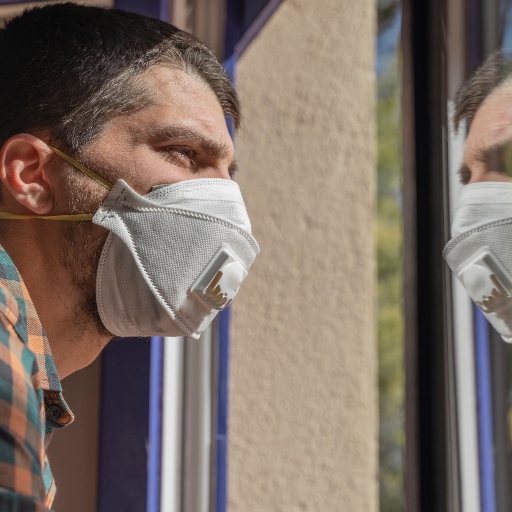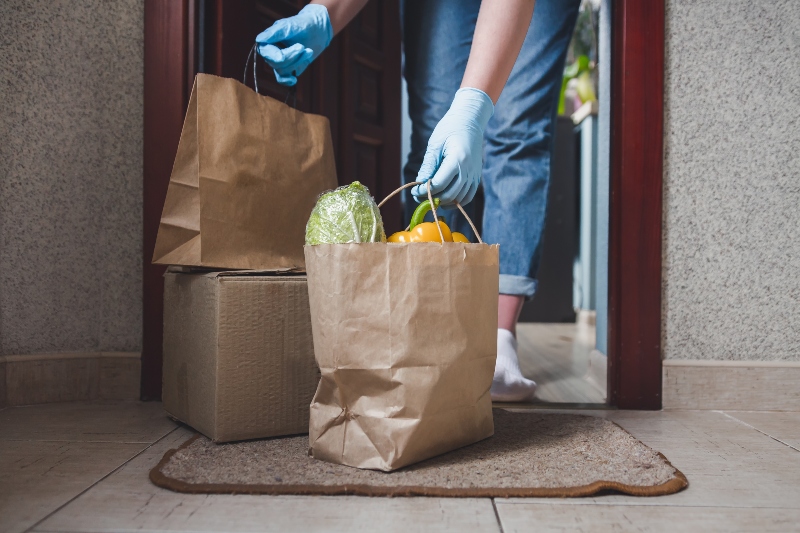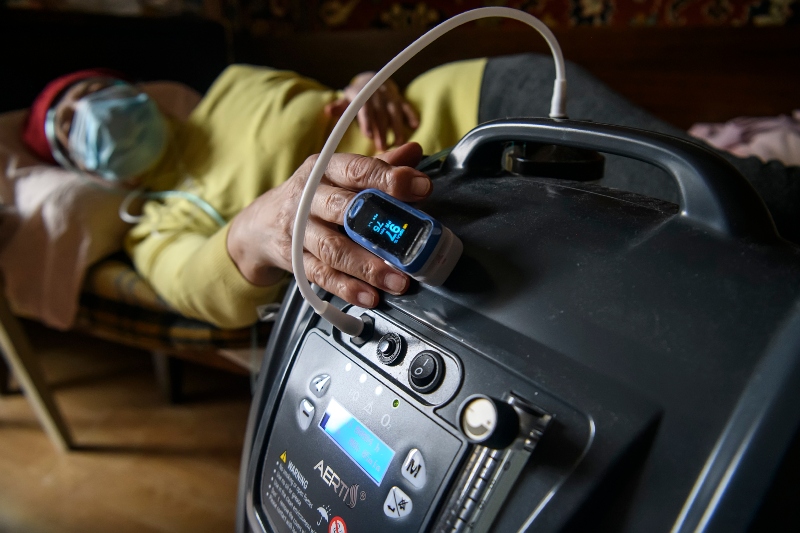
As the cases continue to rise throughout the country during the second wave of the Covid-19 pandemic, hospitals and other medical resources are becoming harder to access. However, if you are asymptomatic or have mild symptoms, you can recover at home too.
What You Should Know:
- When should you go under home isolation?
- What are some of the home quarantine mistakes to avoid?
- How to manage your recovery from Covid-19?
When should you go under home isolation?
Almost 81% of Covid-19 patients have mild symptoms and can recover with a home quarantine. The early signs of Covid-19 include a dry cough, sore throat, fever and a runny nose. Other common symptoms include a loss of smell or taste, headaches and body aches.
Serious symptoms which would require hospitalisation include pneumonia and severe hypoxemia. If you test positive and are advised home isolation, you should keep a check on your oxygen level and even avail a Covid home care package available at hospitals.
What are some of the home quarantine mistakes to avoid?
While you under home quarantine to recover from Covid-19, you will need to socially distance from other family members. Ensure that you are in a separate room and wear an effective mask to avoid infecting others. Don’t share your glasses, plates and other items with the family too.
While you are following the above home quarantine rules, here are common myths about recovering from Covid-19 that you should avoid.
- Trusting every source online
While the internet is a great place to look for urgent information, it is important to verify the information before trusting it. Look for information from medically certified sources or your own qualified and trusted doctor to plan your recovery at home.
- Using traditional medicines not backed by science
While drinking a ‘kadha’ or hot water might seem healthy, it might not actually be helping you beat Covid-19. It can cause gastrointestinal problems and burn your oesophagus. If you are inhaling steam as a treatment, it can actually harm the inner layers of your lungs. It might be better to use medications that have been scientifically proven to deal with Covid-19.
- Refusing to eat regular meals

If you test positive for Covid-19 it might not be necessary to change your diet drastically. You should focus on eating nutritious and hydrating foods like fruits and vegetables. Ensure that you continue your regular food intake even if you face a loss of appetite.
- Doing extreme yoga and breathing exercises
The other practice that some patients undertake is heavy breathing exercises and yoga. This could end up putting too much physical stress on your body. While you shouldn’t reduce your regular movement, it might be better to avoid exercising while recovering.
- Hoarding oxygen cylinders

Since only 15-20% of Covid-19 patients require medical oxygen, you might not require an oxygen cylinder immediately. Instead, you can use an oxygen concentrator, which filters out the nitrogen in your room to increase oxygen supply.
How to manage your recovery from Covid-19?
After 10 days of testing positive, if you haven’t had fever in the last 3 days you can begin your recovery. While you still cannot step out of the house for another week, you can begin with simple exercises and nutritious meals at home to boost immunity.
Take our Covid-19 self-assessment to detect if you have early symptoms of Covid-19, #ABHIKaro.





 1800-270-7000
1800-270-7000







